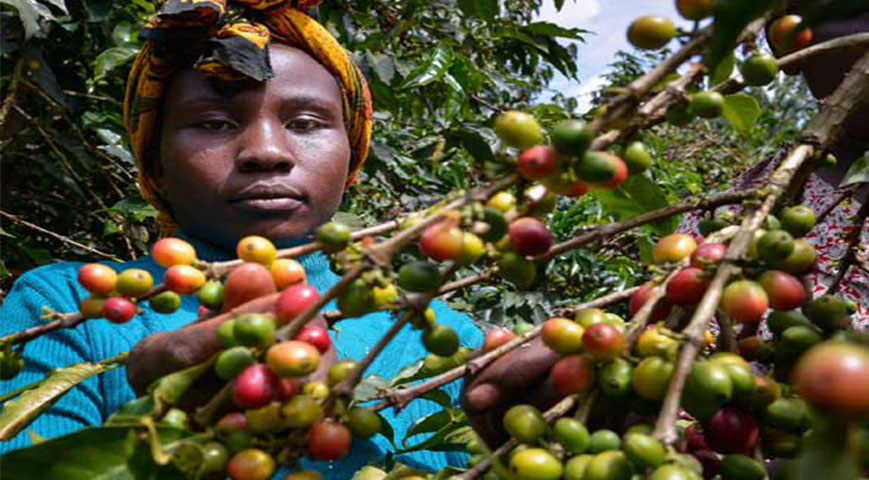Nyeri County coffee farmers are demanding the immediate implementation of Guaranteed Minimum Returns (GMR) for their produce as promised by President William Ruto’s campaign in 2022.
Joined by their local leaders, the farmers said it was time the Kenya Kwanza administration delivered on its promise to reward them for turning out to vote for the governing coalition.
Speaking during the cherry advance launch at Karatina Stadium, a farmer, Peter Thandi, noted that he is disappointed voting in the current regime in the last presidential elections.
“You promised GMR for our crop. We hear now you want to give us cherry advance of Kes 80 in pieces. It is good but we need to know what is the minimum pay for our crop so that we can be contented.”
His sentiments were echoed by Mathira MP Eric Wamumbi, who said that farmers need GMR and waiver of their debts.
Did you read this?
“These farmers want guaranteed pay for their crop. They also want waiver of their debts. This is the only way to pacify them,” said Wamumbi.
On her part, Nyeri Woman Representative Rahab Mukami said debts owed by coffee farmers should be written off like the government did for farmers in the sugar sector.
“Coffee farmers from this region are finding it hard to pay their debts. I was with the President when sugar cane farmers had their debts written off; we need this in coffee sector to spur the industry,” said Mukami.
Moreover, Nyeri Senator Wahome Wamatinga said that the Cherry Fund should be increased twofold from Kes 6.7 million to Kes 12 million.
“As a government, we should increase the fund so that farmers will be cushioned when prices are low. Market forces should not make them beggars yet they voted for us,” Wamaringa said.
Mukurwe-ini lawmaker John Kaguchia called for establishing demonstration farms in all factories where farmers will generate income to take care of overhead costs.
In efforts to increase production, the farmers called for the return of subsidized farm inputs such as chemicals and fertilizer, saying they cannot improve production due to lack of farm inputs in part due to harsh economic times.









